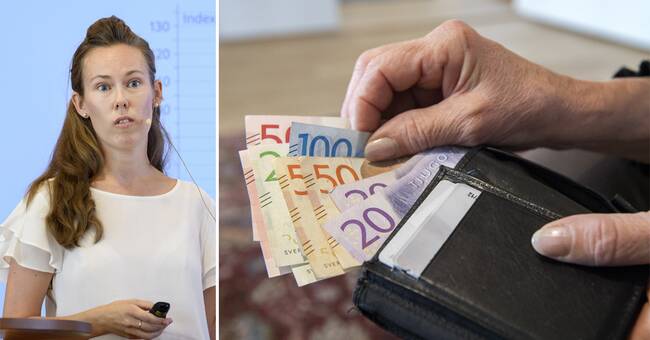When the pandemic paralyzed most of the spring, unions and employers decided to pause this year's major wage negotiations, which in principle affect all employees' wages. As united as then, the normally so combative parties have probably never been before.
Now it's time again and another sound in the bark. In October, negotiations will resume. But the risk, from an employee perspective, is that the year is over.
- The Joker is how to handle 2020, says Susanne Spector, analyst at Nordea and expert on labor market issues.
A sense of crisis characterizesAmong other things, the negotiators have to consider is whether there will be any retroactive wage increases. From 1 April, new wage agreements would normally have landed for large parts of the labor market with a presumed surcharge of around two per cent. That did not happen, there were no agreed wage increases at all.
The autumn negotiations will be characterized by a sense of crisis.
- It probably means that many buy that there will be nothing for 2020, Spector believes.
- It is a difficult situation for many companies to pay retroactive salaries during the autumn. It is more likely that they will compensate for slightly higher salary increases next year, she says.
Pressed scheduleAnother reason, of a more practical nature, which speaks against some wage increases this year, is the time aspect. It will be stressful for companies to have time to pay out before the turn of the year, and then the lump sum from a tax perspective would end up on the wrong side of the turn of the year, according to Spector.
Employers point to the crisis and flag for a zero bid - something that does not surprise the unions.
- If they had said something else, I would have fallen off the chair, says LO union Seko's chairman Valle Karlsson.
"We know too little"The Confederation of Swedish Enterprise's chief negotiator Mattias Dahl and the other side are not particularly surprised that the unions have the same demands as if the ravages of the corona pandemic had never existed - that is, a three percent wage increase in one year.
- But we have not put our foot down, it is uncertain, we know too little, we need to follow this into October to see where the economy and companies stand then, says Matias Dahl.

